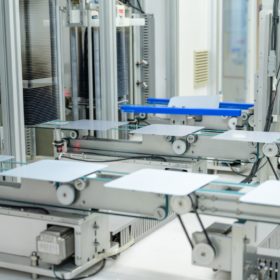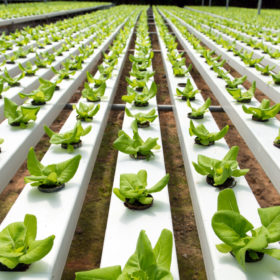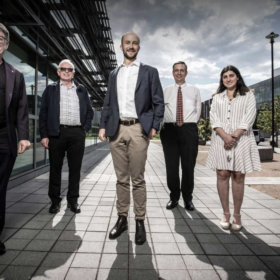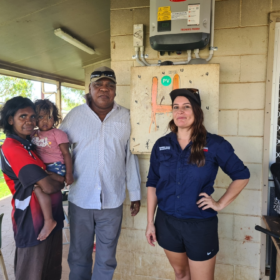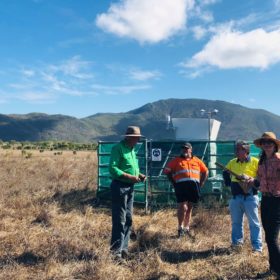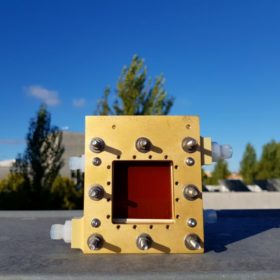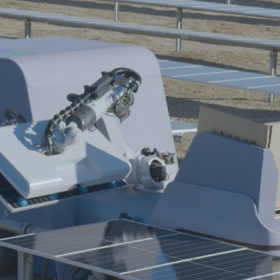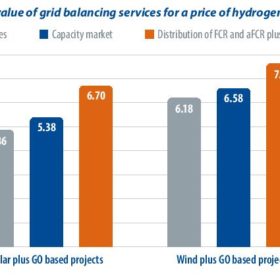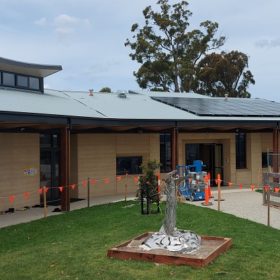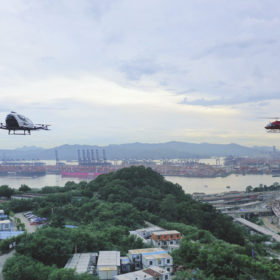Jolywood switches on 1.5 GW TOPCon solar cell factory in China
The Chinese bifacial module maker has commissioned a 1.5 GW TOPCon cell factory in China’s Zhejiang province, which raised its total TOPCon cell capacity to 3.6 GW. Another 16 GW facility is being planned for the Shanxi province.
Solar for hydroponics
An international research team has examined combining solar power generation with energy-intensive hydroponic horticulture and has found that this may be a viable solution depending on project size and available incentive policies. Their approach considered various factors impacting PV system efficiency, including environmental factors, the type of solar array, and the electricity demand from the hydroponic farm.
Wollongong researchers’ graphene discovery to unlock cheaper, more efficient li-ion batteries
Researchers at the University of Wollongong say they have discovered a new form of graphene which will improve both anode and cathode materials in lithium-ion batteries, making them cheaper and more efficient. Collaborating with Sicona, the company has agreed to buy all the researchers’ intellectual property relating to the new material.
NT’s first publicly owned house finally granted access to rooftop solar
Indigenous communities have some of the most unreliable, expensive power in Australia, with a recent study finding almost three quarters of households in remote Northern Territory communities lost power more than 10 times, often for significant periods on “dangerously” hot days. Alarmingly, regulations have until now completely blocked communities in public housing from connecting rooftop solar because they use a prepaid meter system.
Novel government strategy makes solar and wind monitoring data public for first time
In an unconventional bid to attract large-scale renewable developments, the Queensland government has organised for usually highly confidential solar and wind monitoring data to be made public for the first time through Fulcrum 3D’s technology platforms.
Solar redox flow cell for residential energy storage
The device was designed by scientists in Portugal to optimise light absorption by the semiconductor and ensure an effective diffusion of redox species while offering minimal electronic and ionic transport resistance. The cell has a 25cm2 photoactive area and relies on ferrocyanide/anthraquinone redox flow chemistry and a nanostructured hematite photoelectrode.
New robot for solar plant construction
The AI-enabled robot is claimed to ensure faster and more efficient deployment of solar modules in utility scale projects.
Sunday read: The new entrant to the energy sector
Green hydrogen can play a vital role in decarbonising the economy and enabling countries to reach net-zero emissions. The economics of producing green hydrogen from electrolysis are maturing as developers scramble to meet expected future demand. Everoze partner Nicolas Chouleur and Neoen hydrogen expert Sacha Lepoutre discuss a case study that shows how stacking different revenue streams could improve the economics of renewable energy projects.
Weekend read: Solar panels bringing solace to communities hit hard by Black Summer Bushfires
Norway-based REC Group’s REConstruct Initiative is helping communities hit hard by the Black Summer Bushfires of 2019-2020 by donating solar systems to help bring savings on electricity bills and independence to vulnerable areas cut off from the grid during the catastrophic fires.
Saturday read: Shining future of transport
Urban transportation is key to modern civilization. It has enabled humans to travel long distances and is one of the building blocks of industry and leisure. But it has come at a cost. In the first quarter of 2022, pv magazine’s UP Initiative will focus on the rise of e-mobility. We will examine urban transportation and the role electric vehicles, trains, and two- and three-wheelers can play in greening the electricity grid. In addition to technological innovation, we will also investigate market projections, the policies and infrastructure required, and the role solar and storage will play in taking this nascent industry full throttle.
